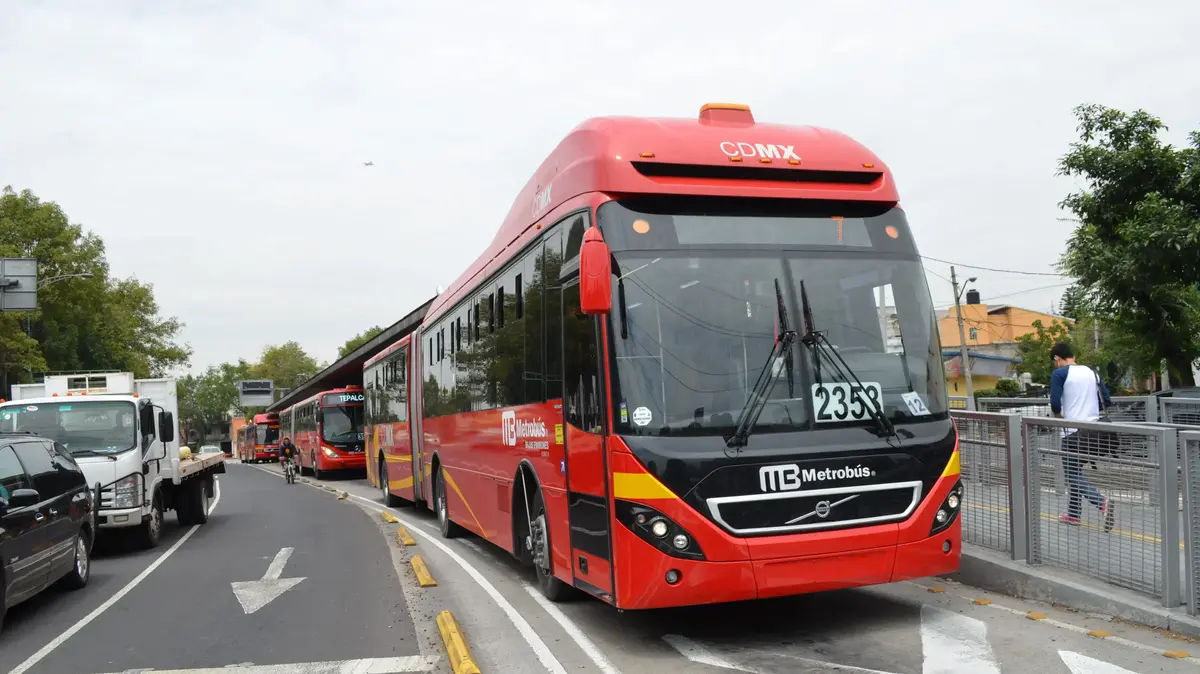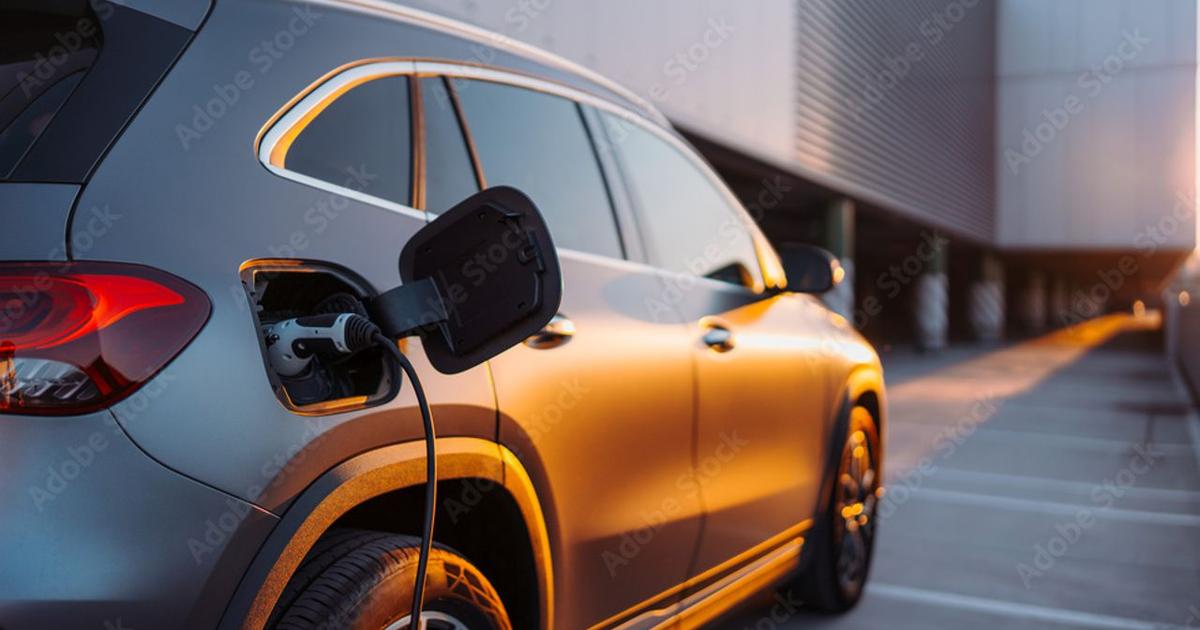Enlarge image
E-bus depot in Hamburg
Photo: Chris Emil Janssen / IMAGO
The German local transport companies have to catch up with the electrification of their fleet.
According to a study by the auditing and consulting company PwC, 1269 buses with electric drives are on Germany's roads.
The stock is growing rapidly, almost half of the e-buses were only added last year.
1,066 of them were battery-powered, 88 with fuel cells, and 35 were plug-in hybrids.
However, the hybrid and e-buses make up only 2.4 percent of the entire public transport fleet, which comprises 54,000 vehicles.
The EU Commission, however, obliges transport companies to procure at least 45 percent "clean" vehicles in new purchases between August 2021 and December 2025; from 2026 onwards the minimum quota will increase to 65 percent.
According to PwC, the purchase of 3,400 purely electric buses is planned by the middle of the decade, with a further 5,500 to follow by 2030.
PwC mobility expert Maximilian Rohs believes this is sufficient to achieve the quotas.
However, the goals can only be implemented if "the development of the e-bus systems - and due to the exploding energy costs also their operation - is sustainably promoted".
According to PwC, e-buses are currently around twice as expensive to buy as comparable diesel-powered buses.
An average diesel bus costs about 240,000 euros, a battery bus 550,000 euros.
However, since the beginning of the year, transport companies have been able to sell CO₂ that they save by using fully electric buses in the form of emission certificates.
According to PwC, up to 15,000 euros can currently be earned annually from the sale of certificates for each fully electric bus.
So far, North Rhine-Westphalia with 297 vehicles and Hesse (186) are ahead in the use of e-buses.
The city with the most e-buses in local public transport is Hamburg (159).








